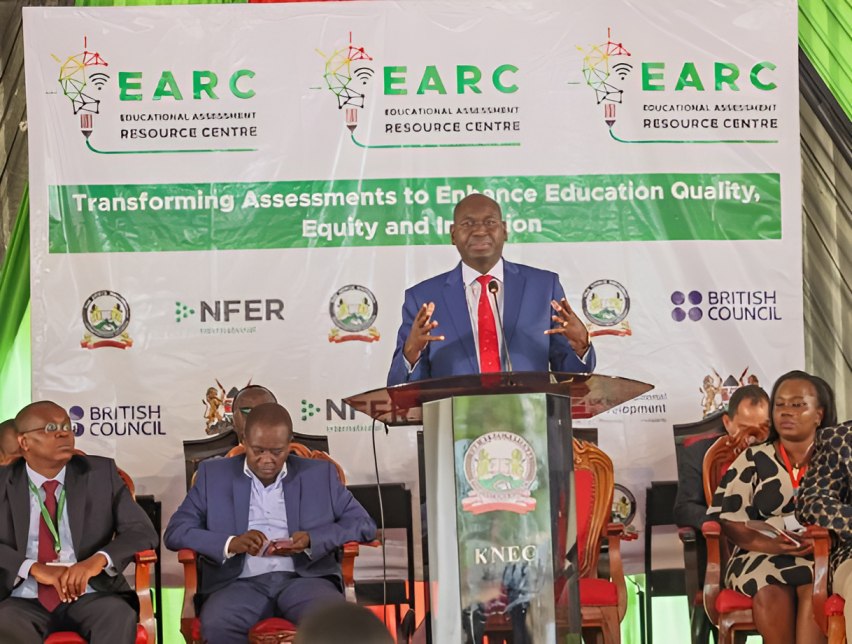The Ministry of Education has unveiled a revised Competency-Based Curriculum (CBC) structure for senior school, expanding the number of subjects from seven to ten and introducing new rules on compulsory and elective learning areas ahead of the January 2026 rollout.
The updated framework makes Mathematics mandatory for all learners and adds non-examined subjects such as Physical Education, ICT skills and religious instruction to promote holistic growth.
It targets the first CBC cohort expected to join senior school in 2026, marking the fourth stage of basic education after pre-primary, primary and junior school.
In a circular sent to all Regional, County and Sub-County Directors of Education, Education Principal Secretary Julius Bitok said senior school will cover Grades 10 to 12, catering to learners aged 15 to 17 years.
He described this stage as a “pre-tertiary/pre-university/pre-career experience” designed to help learners refine their academic and professional choices based on interests and potential identified earlier.
Under the revised plan, each learner will study seven examinable subjects; four of them compulsory: English, Kiswahili (or Kenyan Sign Language for learners with hearing disabilities), Mathematics and Community Service Learning (CSL).
Mathematics will be offered in two levels: Core for those in the STEM pathway and Essential for those in Arts and Sports Science or Social Sciences.
“Learners pursuing the STEM pathway shall take Core Mathematics while those who have chosen any of the other two pathways will take Essential Mathematics,” Bitok said, adding that non-STEM learners may still opt for Core Mathematics if their junior school results support the choice.
The remaining three examinable subjects will be electives, with at least two drawn from the learner’s selected academic pathway. The Ministry noted that learners can mix subjects from different pathways if it suits their career plans.
“It should be anticipated that a situation may arise where a learner’s career choice requires that they take one subject in each pathway. Such a situation should be permitted,” reads the circular.
Physical Education, ICT skills and a Pastoral or Religious Programme of Instruction (P/RPI) will be offered to all learners but will not be examined. The Ministry, however, warned schools against forcing learners into religious practices that contradict their faith, citing a directive first issued on March 4, 2022.
Bitok emphasised that subject selection should match a learner’s interests, aptitude, personality and career ambitions, and urged school leadership to give proper guidance during the process.
The new timetable allocates 40 lessons per week, each lasting 40 minutes, covering both examinable and non-assessed areas such as PE, ICT, pastoral instruction and personal or group study.
“You are required to bring this information to the attention of all Quality Assurance and Standards Officers and Principals of Senior Schools within your area of jurisdiction and ensure this directive is implemented,” Bitok said.
The directive has also been shared with the Departments of Technical and Vocational Education and Training (TVET) and Higher Education to help align post-secondary programmes in readiness for the CBC class set to graduate from senior school in 2029.
